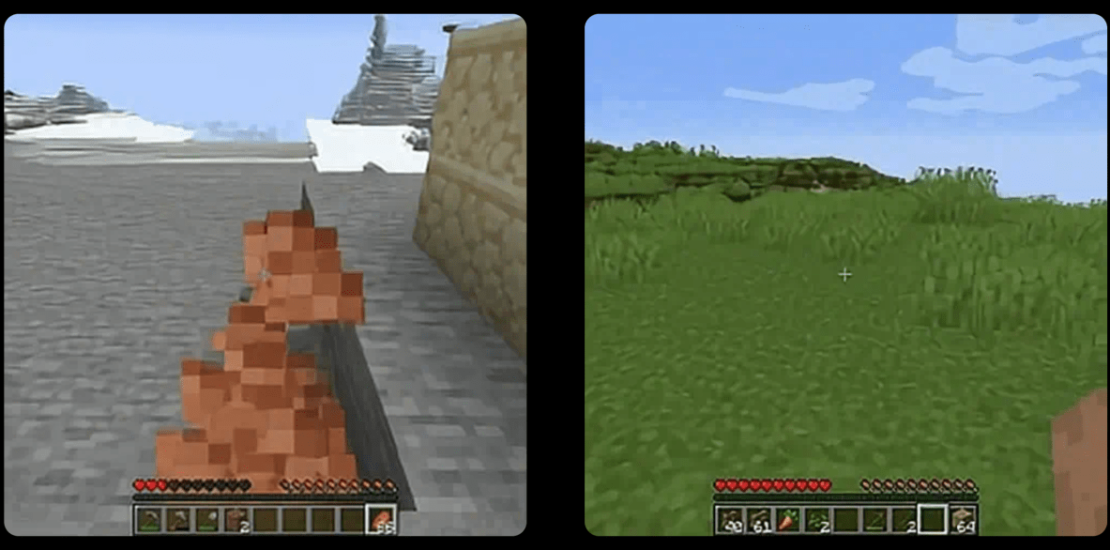Decart’s AI simulates a real-time, playable version of Minecraft
- November 4, 2024
- Posted by: chuckb
- Category: TC Artificial Intelligence

Decart, an innovative Israeli AI company, has announced its arrival in the tech landscape with a significant funding round of $21 million led by Sequoia Capital and Oren Zeev. The highlight of their announcement is the launch of Oasis, which they tout as the first playable “open-world” AI model. This breakthrough model is designed to transform how users interact with virtual environments, specifically through generating a playable game environment that mimics popular construction and exploration games, such as Minecraft.
Oasis operates by utilizing advanced generative AI techniques categorized under “world models.” These models are capable of simulating complex game environments. However, Oasis distinguishes itself from many of its competitors by achieving high frame rates, which is essential for seamless gameplay. Users can easily access Oasis via a demo on Decart’s official website, where they can experience a game featuring mechanics and gameplay reminiscent of Minecraft. The model processes real-time keyboard and mouse inputs, dynamically generating frames and simulating physics, gameplay rules, and visuals while users navigate through the landscape.
Despite its innovative technology, the current version of Oasis is still a work in progress. Initial impressions of the demo indicate that while the concept is promising, the execution has notable shortcomings. Users have reported issues such as low resolution graphics and a tendency for the model to lose track of the game level’s layout. For example, users have experienced disorienting moments where turning around results in a drastically altered landscape, revealing a lack of stability in the game world created by the AI.
A crucial area of concern that arises with Oasis relates to copyright and intellectual property issues. It remains unclear whether Decart has secured permissions from Microsoft, the owner of Minecraft, to use their gameplay footage for training the model. The potential copyright infringement poses significant legal implications, especially since Oasis’s gameplay closely mirrors aspects of Minecraft. This ambiguity raises questions about whether Oasis could be considered an unauthorized replication of Minecraft, an issue that may require judicial clarification in the future.
Looking ahead, Decart is optimistic about the evolution of Oasis. The company envisions future iterations of the model that could harness the power of Etched’s forthcoming AI accelerator chips. This advancement could facilitate a leap in graphical performance to 4K resolution, greatly enhancing the visual fidelity and overall user experience. Furthermore, Decart suggests that the capabilities of models like Oasis could significantly augment streaming platforms and modern entertainment, enabling the generation of content dynamically based on user preferences. This could foster new methods of user interaction, integrating textual and audio prompts in guiding gameplay, thereby enriching player engagement.
In summary, Decart is leveraging substantial investment to unveil what it claims as a revolutionary open-world AI model named Oasis. While the initial demo showcases exciting potential, including real-time game generation and user interaction reminiscent of Minecraft, the technology is still in its early stages and poses several challenges, particularly regarding gameplay stability and legal considerations.
